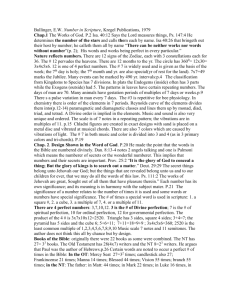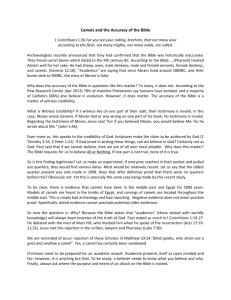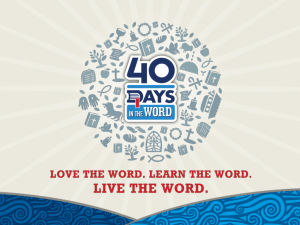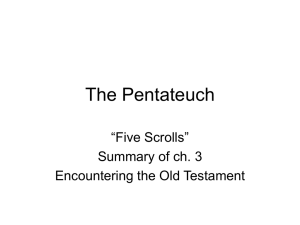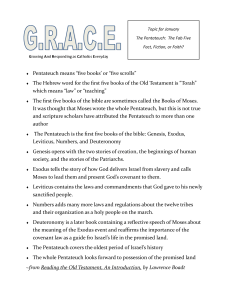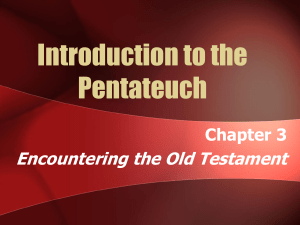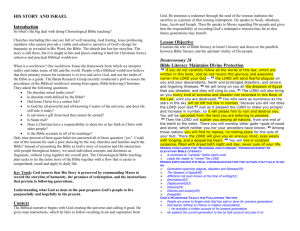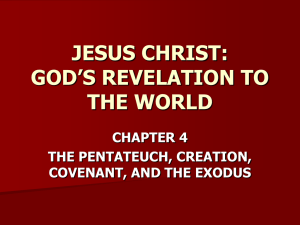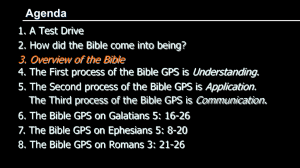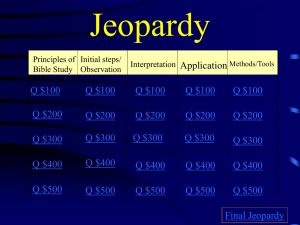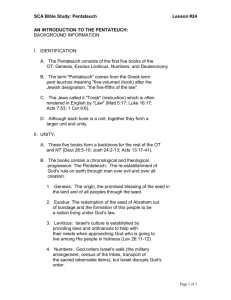The Writers of the Pentateuch.html
advertisement
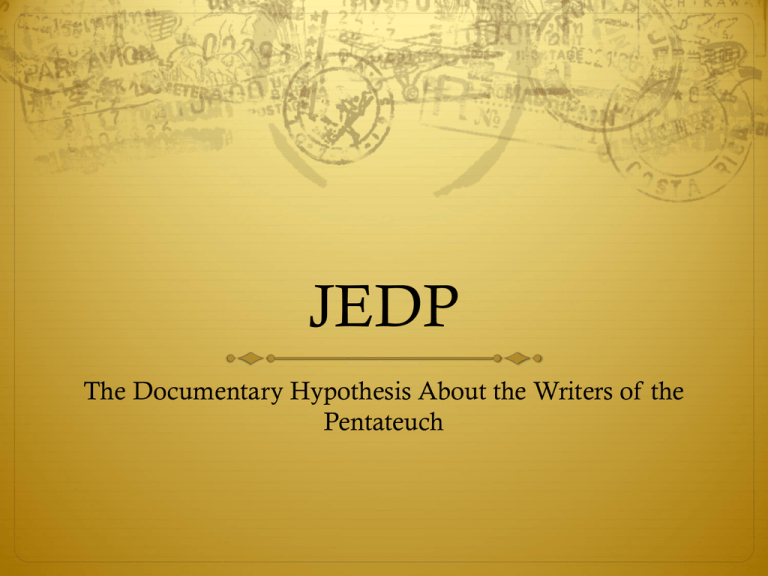
JEDP The Documentary Hypothesis About the Writers of the Pentateuch Who wrote the OT? The author and scholars Traditionally, Christians and Jews had attributed the first five books of the bible to Moses, but he is not the author. Moses died many centuries before the books were composed. When studying the bible, scholars use two main methods: historical criticism – asking whether the events in the bible really had happened. literary criticism- it aims to explain why the same event in the Bible is sometimes told more than once and how different versions of that story came to be told. JEDP Background German and French Bible scholars in the 18th and 19th centuries were in the forefront of scientific biblical scholarship. When they analyzed the biblical stories very carefully, they saw patterns that repeated themselves in the stories of the Pentateuch. Julis Wellhausen gets the credit for this scholarship called the “4 Source Theory” or “Documentary Hypothesis” 4 different writers wrote the Pentateuch using oral tradition accounts There was also a redactor, a final editor, who compiled and interwove these stories into the form we now have. J= Yawhist The J is from the German “Jahveh”, which is pronounced like an English “y” The Yahwist source is believed to be the oldest source of the stories and from the southern kingdom of Judah J stories are found from Genesis to Numbers This source is responsible for the Genesis 2 creation story Uses the name Lord or Lord God The God portrayed by the Yahwists Has human qualities- God is more human than divine Shows a closeness to humans Talks directly to them Is called YHWH –written as LORD in the Bible E-Elohist It is believed that the Elohist wrote the story of the Burning Bush, in which God reveals the Divine Name YHWH to Moses. Prior to this occurrence in the Bible, the Elohist does not use the Divine name; he uses the generic Hebrew term for God – elohim, writtten as “God” in bible. For the Elohist, God often speaks to humans through dreams, angels and visions. Content focuses on tribal concerns of the Covenant, worship and land conquest The Elohist is believed to have been from Israel, the Northern kingdom and wrote during the 900s BCE The E source He featured heroes from the northern tribes. Speaks of the covenant relationship between God and man Emphasizes human responsibility, service, faithfulness and obedience to God. The Deuteronomist Writer Called- second giving of the Law Deuteros- means second, Nomous- means law It is limited almost entirely to the book of Deuteronomy. Wrote the Book of Deuteronomy + Joshua, Judges, Samuel 1-2, Kings 1-2= Deuteronomic History D- Deuteronomist Common theme – faithfulness to God = obedience to Torah Many of the laws from Leviticus are repeated, some modified. Believed to have been added 600s-500s BCE, perhaps in two stages, pre and post exilic Contains the Shema, faith statement of Israel – “Hear O Israel, the LORD is our God; the LORD alone.” P- Priestly Most of it was likely post-exilic – in the 500s BCE Priests had a prominent role after the Exile The resettlement of Jerusalem stressed purity on the part of all Jews Priests were descendents of Aaron, Moses’ brother There is also more ancient material Before priests became highly influential Characteristics are Genealogies Lists Behavior codes and laws of purity – most of Leviticus Genesis 1 God is more distant and is all powerful than Yahwist God Uses generic term elohim for God Emphasis on Aaron R-Redactor May have been from the priestly tradition. Believed to have been scribes and theologians who combined JE with P and D to form the Pentateuch/Torah as we now have it. Completed 500s BCE
